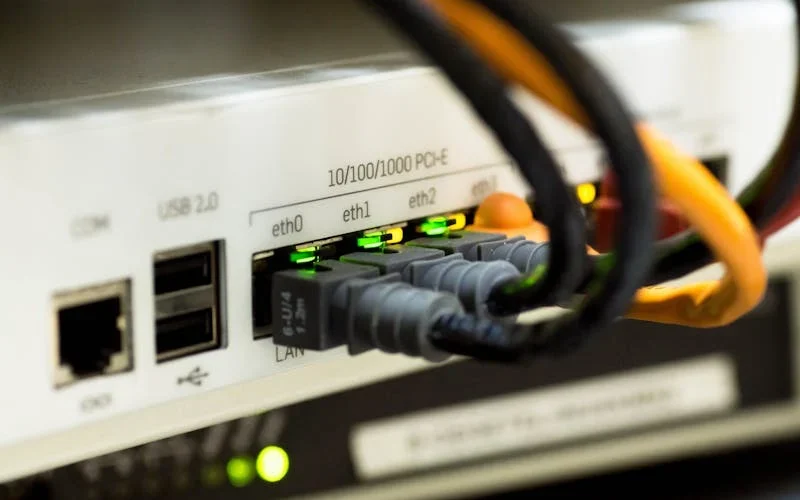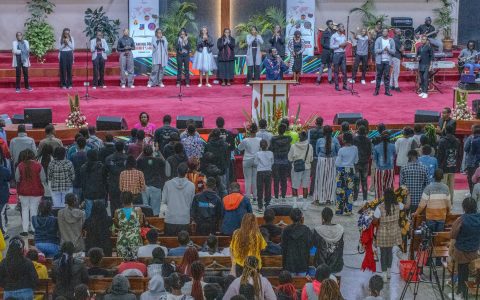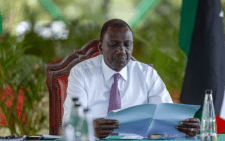Digital rights groups seek answers on Internet outage

A coalition of digital rights organisations has expressed concern over Internet shutdown in the country which they said contradicted prior assurances from the Communications Authority (CA) of Kenya.
The Global observatory NetBlocks confirmed the outage, with local Internet Service Providers (ISPs) attributing it to undersea cable issues, a claim at odds with CA’s earlier commitment to maintaining Internet access.
The coalition said despite assurances on June 24, from CA that Internet access would not be restricted during the #RejectFinanceBill2024 protests, the events of June 25 paint a contrary picture with the Internet shutdown.
“This action violates provisions of the Constitution of Kenya and international human rights law, which guarantee fundamental rights and freedoms, including freedom of expression, access to information, and peaceful assembly,” they said in a statement. The coalition is composed of the Kenya ICT Action Network (KICTANet), Collaboration on International ICT Policy in East and Southern Africa (CIPESA), Paradign Initiative and Internet Society Kenya Chapter.
The organisations urged the government and ISPs to clarify the shutdown’s circumstances, ensure transparency, and uphold constitutional rights to freedom of expression, access to information, and peaceful assembly. “We urge the Government of Kenya, including Ministry of Information, Communications and Digital Economy, and Ministry of Interior and National Administration, to provide a comprehensive explanation regarding the Internet shutdown,” the statement added.
“These ministries must ensure transparency and accountability by disclosing any directives issued and the rationale behind them.”
“Furthermore, we call on these ministries to reaffirm their commitment to upholding the constitutional rights of freedom of expression, access to information, and peaceful assembly, and to take necessary measures to prevent future disruptions,” they said.
A day earlier, CA Director General David Mugonyi acknowledged that Internet shutdowns “would sabotage our fast-growing digital economy” and stated that “CA has no intention whatsoever to shut down Internet traffic or interfere with the quality of connectivity.” However, they coalition said the current disruptions experienced by Kenyans contradict this statement. While the exact cost of the recent Internet disruption is yet to be established, the Internet Society estimates that such an outage could cost Kenya’s economy $6.3 million in lost GDP each day. During the disruptions, mobile money services, credit and debit card transactions, and e-commerce platforms were all inaccessible.
Kenya Union of Journalists reported threats to shut down some media outlets. Restricting access to information limits transparency and fosters misinformation.
They said in light of the prevailing circumstances, it was important that Safaricom, Airtel, and other ISPs clarify who gave the orders for the shutdown and whether there was any official documentation or directive from the government or regulatory bodies.
Additionally, they said, the CA who are the sector regulator should clarify their role during the Internet shutdown, and how their actions aligned with its prior commitment to #KeepItOn access to information, and peaceful assembly, and to take necessary measures to prevent future disruptions.



